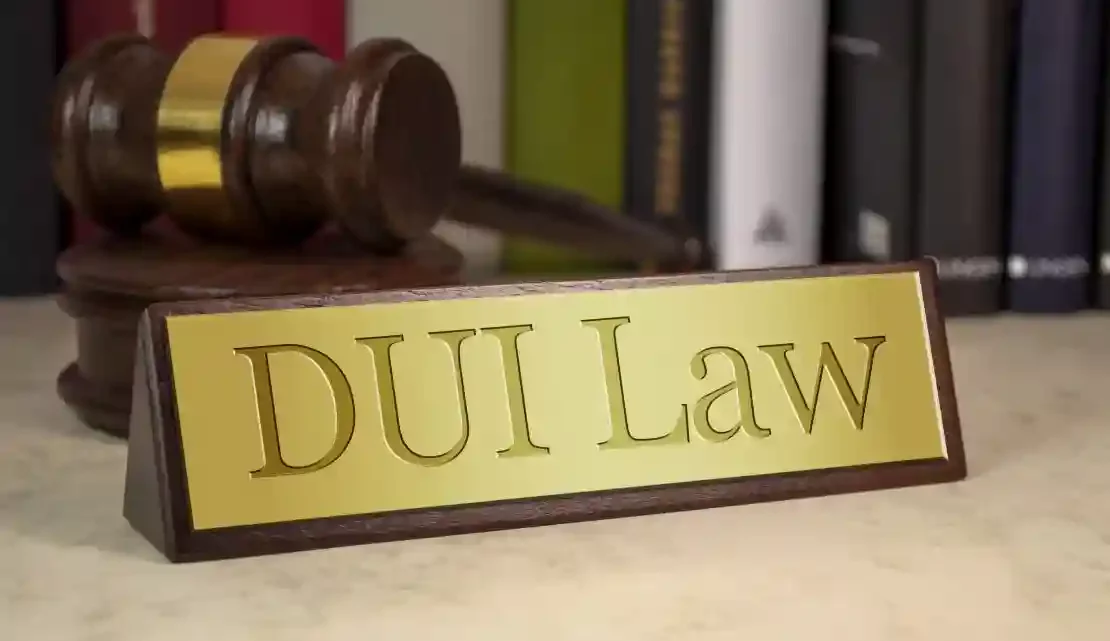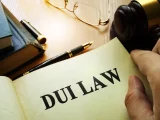
Understanding DUI Laws: Meaning and Consequences of Driving Under the Influence
March 13, 2024Driving under the influence (DUI) is a serious offense that carries severe consequences. Individuals need to understand the implications of a DUI charge, including the legal and personal ramifications. This article provides insights into the meaning of DUI, the laws surrounding it, and the potential outcomes of a DUI conviction. By comprehending the gravity of DUI, individuals can make informed decisions and act responsibly when operating a motor vehicle.
What is DUI?
Understanding the Meaning of DUI
Driving under the influence, commonly referred to as DUI, is the act of operating a motor vehicle while under the influence of alcohol or drugs. This offense poses significant risks to the driver, passengers, and others on the road. The legal limit for blood alcohol content (BAC) varies by state but typically falls at 0.08%. Therefore, any individual found to have a BAC exceeding this limit can be charged with a DUI offense.
Consequences of DUI Offense
A DUI offense can lead to severe repercussions, including fines, license suspension, and potential jail time. Additionally, individuals charged with driving under the influence may face social stigma and damage to their reputation. The consequences extend beyond the legal realm, impacting various aspects of the offender’s life.
Information on DUI Conviction
Upon conviction for a DUI offense, individuals are likely to face substantial fines, mandatory completion of alcohol education programs, and possibly imprisonment. Furthermore, a DUI conviction can result in the installation of an ignition interlock device on the offender’s vehicle, adding further restriction to their driving privileges.
Driving Under the Influence Laws
Consequences of a DUI Charge
When facing a DUI charge, individuals must be aware of the potential repercussions. These may include substantial fines, mandatory participation in alcohol and drug counseling, and the revocation of driving privileges. Understanding the penalties associated with a DUI charge is crucial for individuals to navigate the legal proceedings effectively.
Drunk Driving Offenses and Penalties
Drunk driving offenses carry severe penalties, especially for repeat offenders. The consequences may escalate with each subsequent offense, leading to increased fines, extended license suspension, and heightened legal scrutiny. Therefore, it is imperative for individuals to comprehend the gravity of these penalties and the impact they can have on their future.
Understanding Blood Alcohol Content (BAC) in DUI Cases
Blood alcohol content (BAC) plays a significant role in DUI cases. Law enforcement utilizes various methods such as breathalyzer tests and field sobriety tests to determine an individual’s BAC. Understanding the implications of BAC levels and the associated legal limits is crucial for individuals to avoid potential DUI charges and navigate the legal system effectively.
Arrest and Conviction for DUI
Steps Following a DUI Arrest
Following a DUI arrest, individuals are likely to face legal proceedings that can be complex and daunting. It is essential to seek legal counsel immediately to understand the charges, potential consequences, and available defense strategies. By taking proactive measures, individuals can navigate the legal process effectively and mitigate potential repercussions.
Legal Consequences of DUI Conviction
Upon conviction for a DUI offense, individuals may encounter various legal consequences, including fines, mandatory participation in rehabilitation programs, and the installation of an ignition interlock device in their vehicle. These consequences can have lasting implications, impacting the individual’s driving privileges and social standing.
License Suspension and DUI
License suspension is a common repercussion of a DUI conviction. The duration of the suspension may vary based on the severity of the offense and the individual’s prior record. Understanding the implications of license suspension is crucial for individuals to make informed decisions and take the necessary steps to regain their driving privileges.
Influence of Alcohol and Drugs
Effects of Intoxication on Driving
Intoxication significantly impairs an individual’s ability to operate a motor vehicle safely. It diminishes cognitive functions, impairs motor skills, and hampers decision-making capabilities, increasing the risk of accidents and endangering lives. Understanding the detrimental effects of intoxication on driving is crucial to deter individuals from engaging in this dangerous behavior.
Per Se DUI Laws and Enforcement
Per se DUI laws establish that operating a motor vehicle with a BAC above the legal limit is inherently illegal, irrespective of the individual’s level of impairment. Law enforcement agencies rigorously enforce these laws, imposing strict penalties on individuals found to be in violation. Therefore, understanding per se DUI laws is vital for individuals to comply with legal regulations and avoid potential legal complications.
Zero Tolerance for DUI Offenses
Several states have implemented zero-tolerance policies for DUI offenses, particularly for individuals under the legal drinking age. These policies impose swift and stringent penalties on individuals found to be driving under the influence, ensuring that even minor infractions are met with severe consequences. Understanding the zero-tolerance stance on DUI is critical for individuals to adhere to legal regulations and avoid legal entanglements.
Penalties and Consequences
Jail Time and DUI Offenses
Jail time is a potential consequence of DUI offenses, especially for repeat offenders or instances involving egregious violations. Individuals convicted of DUI may face imprisonment, which can have profound implications on their personal and professional lives. Understanding the possibility of imprisonment underscores the severity of DUI offenses and the importance of responsible driving behavior.
Fines and Other Penalties for DUI Conviction
Individuals convicted of DUI offenses are subject to substantial fines and other penalties, including mandatory participation in rehabilitation programs and the installation of ignition interlock devices in their vehicles. These penalties carry financial and practical implications, impacting various aspects of the individual’s life. Therefore, understanding the breadth of these penalties is essential for individuals to comprehend the consequences of their actions and act responsibly.
Ignition Interlock Devices and DUI Cases
Ignition interlock devices are often mandated for individuals convicted of DUI offenses, serving as a preventive measure to mitigate the risk of repeat offenses. These devices require the driver to pass a breathalyzer test to start the vehicle, ensuring that they are not under the influence of alcohol. Understanding the implications of ignition interlock devices underscores the seriousness of DUI offenses and the necessity of responsible driving behavior.
What is the difference between DUI and DWI?
DUI stands for “driving under the influence,” while DWI stands for “driving while intoxicated.” The exact definitions and penalties often vary by state, but generally, both refer to driving under the influence of alcohol or drugs.
Can I receive a DUI charge for driving while under the influence of drugs?
Yes, driving under the influence of drugs (DUID) is a criminal offense similar to DUI. The consequences and legal processes are often similar to those for alcohol-related charges.
What are the penalties for a first-time DUI offense?
Penalties for a first-time DUI offense may include fines, license suspension, participation in educational programs, community service, probation, and potentially even jail time, depending on the circumstances and state laws.
What should I do if I am arrested for a DUI?
If you are arrested for a DUI, it is important to remain calm and cooperate with law enforcement. Refusing to submit to chemical testing, such as a breathalyzer or blood test, can result in additional penalties, including license suspension.
Will a DUI charge affect my driving privileges?
Yes, a DUI charge can lead to the suspension or revocation of your driver’s license. In some cases, individuals may be eligible for restricted driving privileges or the use of an ignition interlock device.
Should I hire a DUI attorney?
It is advisable to seek legal representation from a DUI attorney. An experienced attorney can provide guidance throughout the legal process, potentially minimize penalties, and present a strong defense on your behalf.
What is the legal limit for blood alcohol concentration (BAC) when operating a vehicle?
In every state, the legal limit for BAC is 0.08%. Exceeding this limit can result in DUI charges, though commercial drivers may face penalties at lower BAC levels.
Will a DUI conviction result in a criminal record?
Yes, a DUI conviction is considered a criminal offense and will result in a permanent mark on your criminal record. This can have long-term implications for employment, housing, and other aspects of life.
What are some defenses against a DUI charge?
Defenses against a DUI charge may include challenging the validity of field sobriety tests, questioning the accuracy of chemical testing, or disputing the legality of the traffic stop and arrest procedures.
How does a DUI charge impact commercial drivers?
Commercial drivers may face more stringent consequences for DUI charges, potentially leading to the suspension or revocation of their commercial driver’s license (CDL) and jeopardizing their livelihood.


